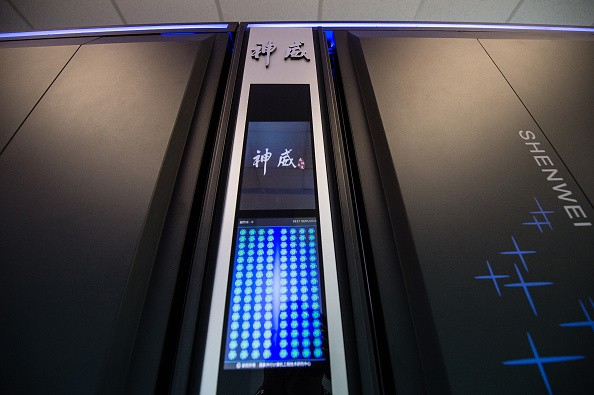China has started building a new-generation supercomputer. It is expected to be 10 times faster compared to the current world champion, the Sunway TaihuLight.
China is aiming for breakthroughs in high-performance processors and other key technologies this 2016. This is so that they can build the world's first prototype exascale supercomputer named "Tianhe-3".
Meng Xiangfei, National Super Computer Tianjin Center's director of application said that the prototype is expected to be completed in early 2018.
"Exascale" means that the Tianhe-3 will be capable of making a quintillion calculations per second, which is at least 10 times faster than the Sunway TaihuLight.
The Sunway TaihuLight is the country's first supercomputer that uses domestically designed processors which have a peak speed of 125 quadrillion calculations per second.
Meng said: "Its computing power is on the next level, cementing China as the world leader in supercomputer hardware," Meng said. It would be available for public use and "help us tackle some of the world's toughest scientific challenges with greater speed, precision, and scope."
Tianhe-3 will be made entirely in China, from its operating system to its processors. According to Meng, it will be stationed in Tianjin and fully operational by 2020, earlier than the US plan for its exascale supercomputer.
"The exascale supercomputer will be able to analyze smog distribution on a national level, while current models can only handle a district. Tianhe-3 also could simulate earthquakes and epidemic outbreaks in more detail, allowing swifter and more effective government responses," Meng added.
The new machine will also be capable of analyzing protein structures and gene sequences on an unprecedented scale and speed. This will help to lead to new discoveries and more potent medicine.
"Tianhe-3 will generate over 10 billion yuan ($1.49 billion) in economic benefits per year," said the director fo the National Super Computer Tianjin Center Lia Guangming.



























